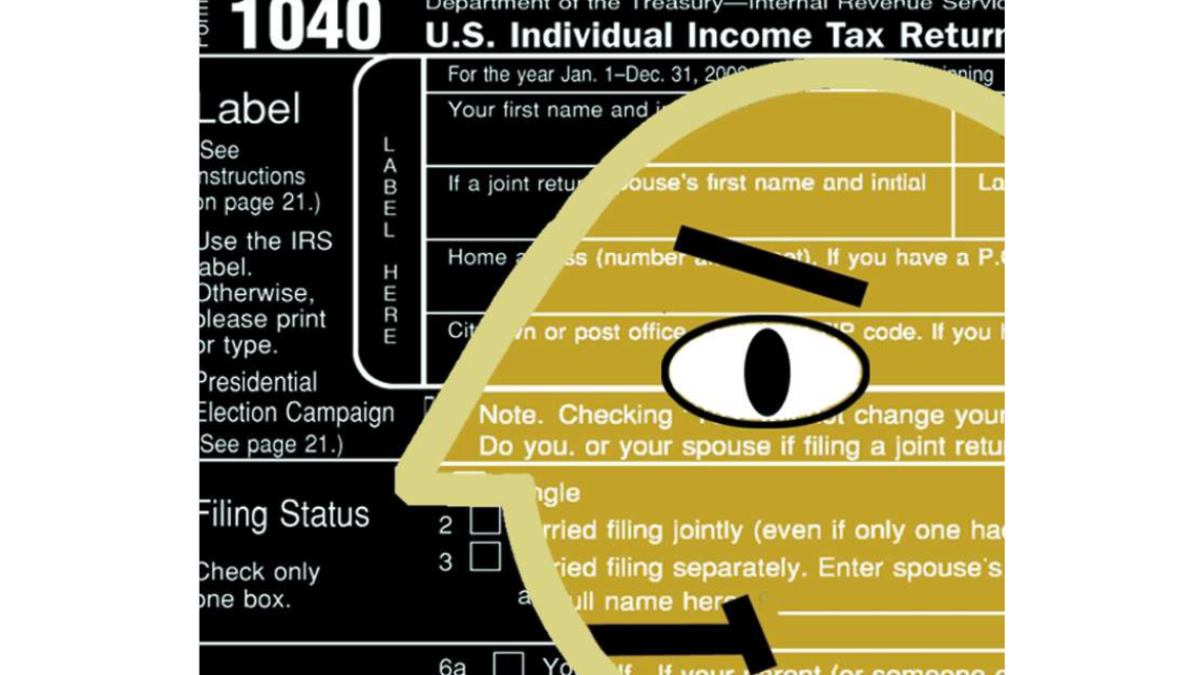Op-Ed: Californians should wise up about our stupid tax code

- Share via
Are California taxes too low or too high? Fair or unfair? Whatever. Most important, our code is stupid. You’d think rival states such as Nevada, Texas or Florida designed our tax code to undermine us.
Our tax situation is absurd. Our income tax is ostensibly progressive; rates are higher for the rich than the poor. But if you take into account sales taxes, it may well be the poorest who pay the largest fraction of their income to the state. Adjusted gross income — the basis for income tax — isn’t a true indication of income, much less total wealth. (Billionaire Oracle CEO Larry Ellison, whose “income” is mostly in unrealized capital gains on stock, probably pays the lowest tax rate in the state.) Proposition 13 means there are guest houses in Bel Air with higher property tax bills than the mansions they used to be attached to.
It is time to start over. And now is the moment to do it. We have solid Democratic and reasonably functional legislative majorities, and a powerful and remarkably sensible governor, plus the potential to get even the Republicans and the Chamber of Commerce on board.
The solution is a straightforward and standard prescription in economics. California should tax primarily what can never escape its borders: its real estate. And we should abandon state income and sales taxes.
Wealthier individuals would still pay more in taxes because they generally own more expensive houses in more expensive locations. Property taxes rates could be progressive, sliding upward with the value of the land and house: a $5-million mansion would be taxed at a higher rate than a $100,000 condo.
The 44% of Californians who rent would still contribute to state coffers indirectly through higher rents.
Is this feasible? Yes. Several states, including those that compete directly with California for jobs and retirees like Texas and Florida, have no income tax, lower sales tax, and 2% to 3% property taxes.
This will demand dealing with the third rail of California politics: Proposition 13, which locks in tax bills based on sales price with slow increases thereafter. But basing tax bills on grossly outdated values is not only unfair to newer property buyers, it distorts the housing market. This tax discount locks many homeowners in a golden cage, so they don’t move. That creates a tight market and drives up prices.
Right now property tax represents about one-third of state tax revenue. The exact amount changes each year, but in 2009-10 California collected about $50 billion in property tax, $55 billion in income and corporate tax, and $42 billion in sales tax. If a 3% or 4% tax were applied to the fair market value of all property — not just houses but commercial and investment real estate — we’d no longer need those other forms of tax.
Tripling one’s property tax bill sounds terrifying. But remember that it is offset by no state income tax (which tops out at 12.3%) and no sales tax (9% in Los Angeles).
Would you be better or worse off? Consider a hypothetical family with two earners who net $100,000 (after U.S. taxes and deductions). Today, they owe California $4,500 in income taxes. Today, such a family may live in a $300,000 house and thus owe about $4,000 in property tax. Add $3,600 in sales tax on purchases of about $40,000. Instead of $12,100 in three pieces, a 4% property tax on $300,000 would collect $12,000. Most Californians would come out roughly the same. Some a bit better, some a tad worse.
Clearly, more work would have to be done to determine exactly what the tax rates should be, and how to cushion the repercussions for some specially affected groups (real estate agents, poor seniors in expensive houses, etc.). To make sure tax reform is in all of our interest, however, we should not increase the total tax burden, and keep average taxation roughly the same in each income class (except for the very poor, who should no longer be taxpayers).
One concern is that a sudden jump in property taxes might shock housing prices. But remember that most Californians would be paying the same amount of total tax. To have much of an effect, people would have to shift their behavior a lot — toward buying more untaxed stuff and giving up their house. As for me, I wouldn’t downsize to a smaller house. Would you?
In addition, any initial decline in house values would probably be offset by rising demand as more people and companies relocated to California for the tax benefits.
This change would give Sacramento — at long last — a reliable, less-erratic tax base. And yet each party and lobbyist would want to extract its pound of flesh. For the greater good, our politicians must resist. Jerry Brown has already shown great spine. Tax reform could become his crowning achievement.
This state could finally have a tax system that induces businesses to move to California and employ more Californians. That saves our cities and retailers from unfair no-sales-tax Internet competition. That costs the state and its citizens much less to administer. That is fairer to those who need to move. That does not penalize our poorest nor penalize work. And that makes all of us Californians better off.
If California wants to compete with states like Florida and Texas, we need to wise up about our stupid tax code.
Ivo Welch is a professor of finance and economics at the Anderson Graduate School of Management at UCLA.
More to Read
A cure for the common opinion
Get thought-provoking perspectives with our weekly newsletter.
You may occasionally receive promotional content from the Los Angeles Times.










